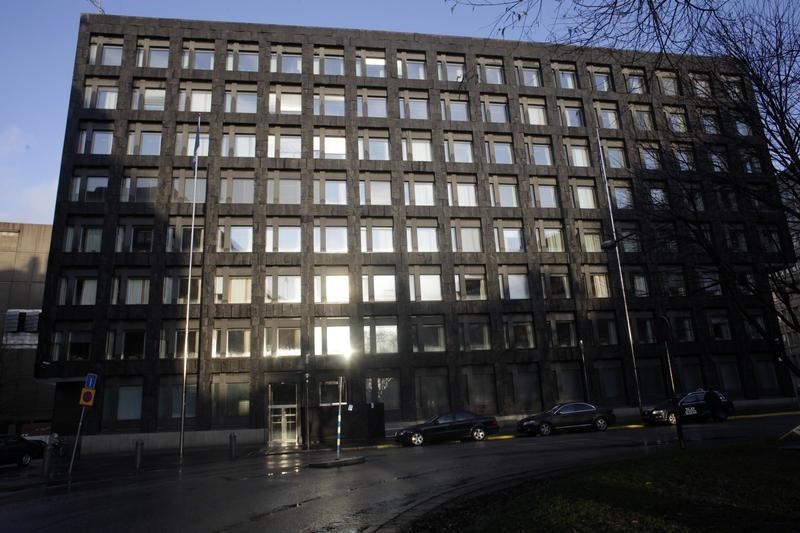STOCKHOLM (Reuters) - Sweden's Financial Supervisory Authority (FSA) said on Thursday it would suspend rules forcing banks to demand mortgage repayments from borrowers, as a measure to limit the impact of the outbreak of the coronavirus on the economy.
Authorities, including the central bank, have been warning about high levels of household debt and high real estate prices for years.
With the economy tanking - the government reckons GDP will shrink 4% this year - unemployment is set to rise sharply.
Companies are already laying off workers, raising concerns that some heavily indebted borrowers will be unable to pay their mortgages.
"The FSA is now proposing that the banks be given the possibility of granting amortisation exemption to all new and existing mortgagors due to the sharp downturn in the Swedish economy in the wake of COVID-19," the watchdog said in a statement.
"When the economy is under a lot of pressure, it is reasonable to give households the manoeuvrability to use those margins."
Worries over the housing market have seen the FSA tighten lending rules and hike the buffers banks need to hold against possible loan losses from the mortgage market in recent years.
In June 2016, the FSA introduced forced repayment rules, with new borrowers forced to pay back 1-2% of their loan annually. In 2018, it tightened the rules to force very large borrowers to pay off 3% annually. The exemption to those rules will extend until the end of June 2021.
